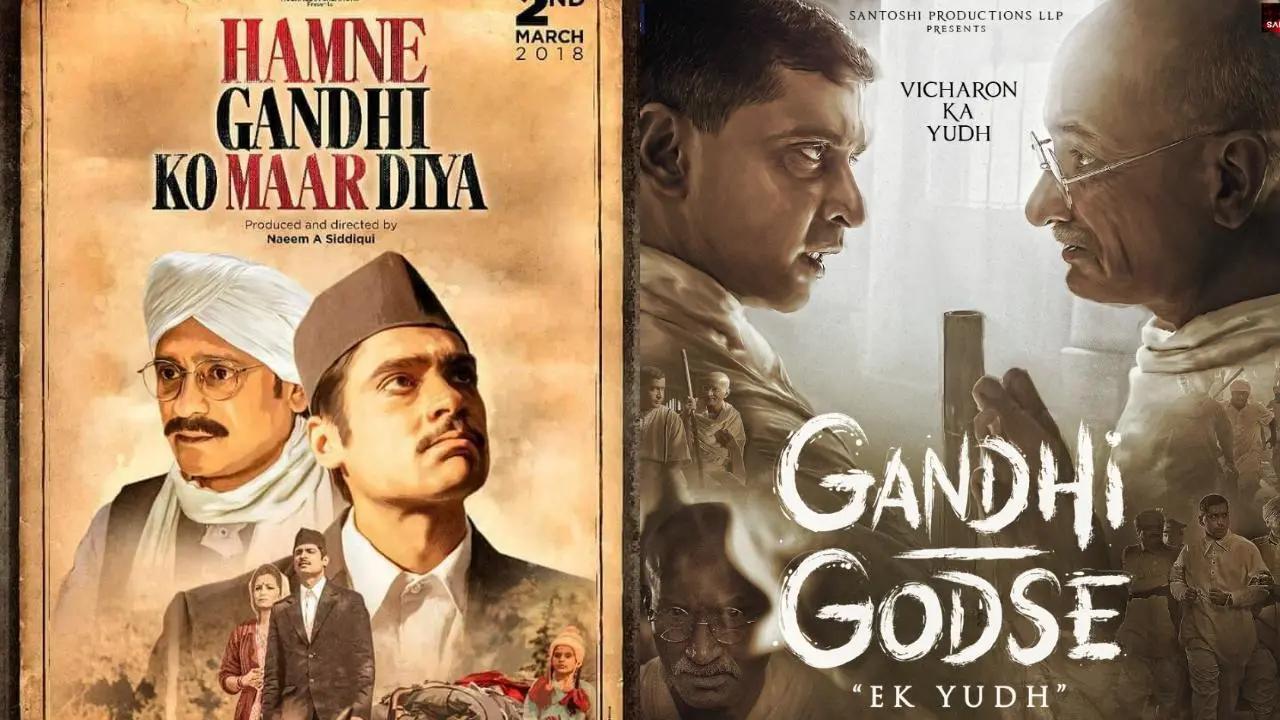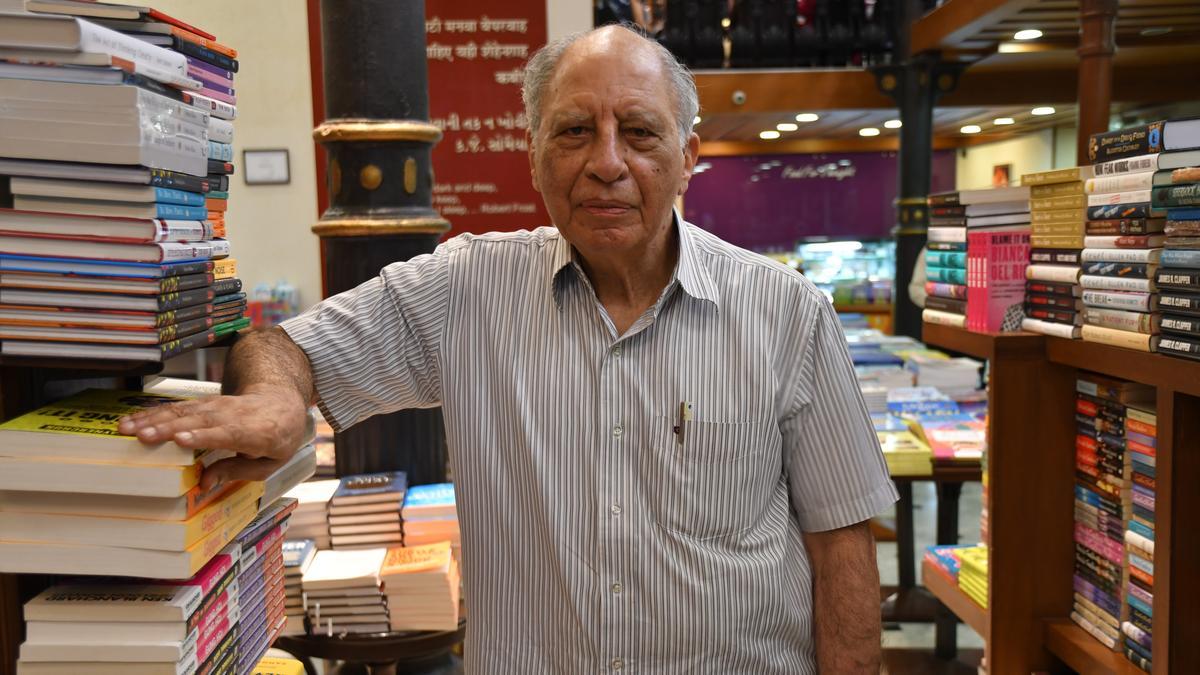
W.H. Auden’s poignant poem ‘In Memory of W.B. Yeats’ opens with the lines:
“Time that is intolerant
Of the brave and the innocent
And indifferent in a week
To a beautiful physique
Worships language and forgives
Everyone by whom it lives…”
These words resonate profoundly when reflecting on the life and literary contributions of Keki N. Daruwalla, a poet and writer who cherished and wielded words with the utmost care and precision. Daruwalla’s extensive oeuvre, which includes 15 collections of poetry and 10 works of short and long fiction, stands as a testament to his enduring legacy in the literary world. His work is celebrated for its breadth and lucidity, underpinned by a deep and robust philosophical perspective.
My own relationship with Keki spanned over four decades, a friendship that began even before I consciously knew him. Keki was a colleague of my father in the Indian Police Service, both associated with intelligence and the Research & Analysis Wing. In 1984, my debut novel ‘Paro’ was met with both international acclaim and unexpected resistance from the Indian literary establishment. That same year, Keki’s collection ‘The Keeper of the Dead’ earned him the Sahitya Akademi award. Taking it upon himself to defend me amidst the literary furor, Keki penned a thoughtful and balanced review in ‘The Indian Express.’ This generous act forged a precious bond of friendship between us.
As we delve into Keki’s literary accomplishments, we encounter a rich tapestry of poems, novels, and short stories. His first poetry collection, ‘Under Orion,’ published in 1970 by P. Lal, was the beginning of a prolific journey that led to 14 subsequent poetry collections, culminating in ‘Landfall,’ published in 2022 by Speaking Tiger. Beyond poetry, Keki showcased his narrative prowess through seven remarkable collections of short stories. His most recent collection, ‘Going,’ released in 2022, features ‘The Brahmaputra Trilogy,’ a poignant exploration of race, identity, and the vestiges of the British Raj.
In recognition of his contributions to literature, Keki was honored with the Padma Shri, India’s fourth highest civilian award, by President Pranab Mukherjee in 2014. His literary repertoire also includes three distinguished novels: ‘For Pepper and Christ’ (2009), ‘Ancestral Affairs’ (2015), and ‘Swerving to Solitude’ (2018). Keki’s prose, characterized by its structural brilliance, deceptively simple style, and keen societal insights, underscores his novels’ expansive socio-political commentary, capturing the essence of contemporary Indian history.
In 2022, Keki shared with me a draft of what could potentially be his final novel, ‘Alexandria and The Fallen Priest.’ This ambitious and magnificent manuscript, with its vibrant and compelling narrative voice, was still a work in progress as Keki worked on further revisions. Unfortunately, this work remains unpublished, although I hope it will eventually receive the recognition it deserves. Keki also embarked on another literary project set in ancient India, showcasing his relentless dedication to storytelling.
.
Throughout his career, Keki exhibited a steady output of poetry, often blending contemporary observations with timeless themes, sharing his work generously on social media. His commitment to the craft of writing was unwavering, characterized by meticulous contemplation and commentary. Notably, Keki remained actively engaged with younger poets, offering introductions and endorsements, thereby nurturing a new generation of writers.
Countless individuals have shared their memories of Keki with me, recalling moments of laughter, joy, and generosity. One such memory stands out from a visit with author Devapriya Roy to Keki’s home in Delhi’s Kailash Apartments. As we discussed his book ‘Going,’ Keki brought out yellowed photographs, and amidst nostalgic recollections, his occasional acerbic remarks lightened the mood. He produced a bottle of fine cognac reserved for special occasions, and we indulged in the delight of friendship and healing laughter—a cherished memory of Keki’s warmth and wit that I hold dear.
Keki’s profound grounding in his Zoroastrian faith, coupled with his expansive knowledge of India and the world, rendered him a truly cosmopolitan individual. His career in intelligence services and his tenure on the National Commission for Minorities endowed him with a nuanced understanding of the real world’s complexities and dilemmas. Despite personal tragedies, including the loss of his wife, Keki remained gentle, humane, and idealistic. His quiet integrity was a constant presence for those who knew him, and his absence now is deeply felt as we realize the rarity of his kind.
While sifting through old emails and correspondence, I discovered an unpublished poem Keki sent me on October 2, 2021, aptly titled ‘Prayer.’ In this poem, Keki’s fervent hopes for love, perception, harmony, and enlightenment shine through, embodying his enduring quest for connection and understanding in a fractured world.
“Prayer
Let not the harsh winds of our times
blow love away.
Let not the harsh winds of our times
blow our perceptions into a wall
behind which people are sharpening knives.
Let not the harsh dreams of our times
devour us, along with our appetites.
Lead us from this landscape of rubble
to water, but let the sound be real —
even traffic sounds like surf at night.
And let water remain water
and not turn to blood.
…Let the repressed be brought into light,
the hidden into knowledge.
Let there be harmony
between those who speak of shadows
and those who speak of the sun.
Let the unlit be lit.
Steer the light our way.
Let the forest leaf.
Let the lyric leaf.”
Keki’s legacy, encapsulated in his enduring words and the human connections he fostered, continues to inspire and illuminate. As we remember and celebrate his life, we carry forward the kindness, affection, and belief he bestowed upon aspiring writers and friends alike.










